This month the Twin Cities hosted Startup Week. One of the many great sessions was about the history of data visualization, delivered by Matt Dubay on behalf of the Twin Cities Data Visualization Group (TC Data Viz) (of which I’m an organizer). There was an amazing level of engagement and energy in the room and for the topic. As a side-note, I encourage you to check out the TC Data Viz group if you haven’t already. It’s a place where all are welcome - beginner or advanced - technical or business users – and our tools are agnostic, whether open source or proprietary software. We provide a fun and creative space to share ways to display data in our businesses and communities.
One of the main themes discussed during the session was around data literacy. One astute person noted that IT and self-service BI cannot drive the destiny of data literacy within organizations. Instead, it needs to be something solved by the business users themselves. Only then will self-service BI truly succeed. I couldn't agree more! Data fluency is an upcoming challenge that business leaders, managers, and individuals need to make time for, if they’re going to create data-savvy organizations.
In related news, the September 2018 McKinsey Quarterly published an article entitled "Why data culture matters". The whole article is great and highly recommended, but one key insight I want to touch on was that “Data culture is decision culture". The takeaway here is that organizations shouldn’t "… approach data analysis as a cool 'science experiment' or an exercise in amassing data for data's sake. The fundamental objective in collecting, analyzing, and deploying data is to make better decisions". One other thing I want to touch on is their call for the “democratization of data" and its importance in a data culture. From the article: “… get data in front of people and they get excited. But building cool experiments or imposing tools top-down doesn't cut it. To create a competitive advantage, stimulate demand for data from the grass roots."
Certainly, executive buy-in is important for resource allocation and overarching strategy, but executives don't make most decisions. Organizations succeed by the many decisions each employee, contractor, and customer make each day. Empowering and encouraging those stakeholders to get excited about data whether it is educational opportunities, competitions, data-for-good initiatives, or other ways to help invigorate and empower data culture at the grassroots level is essential.
So a little homework this week:
Now go and do your part changing the data culture at your organization!








